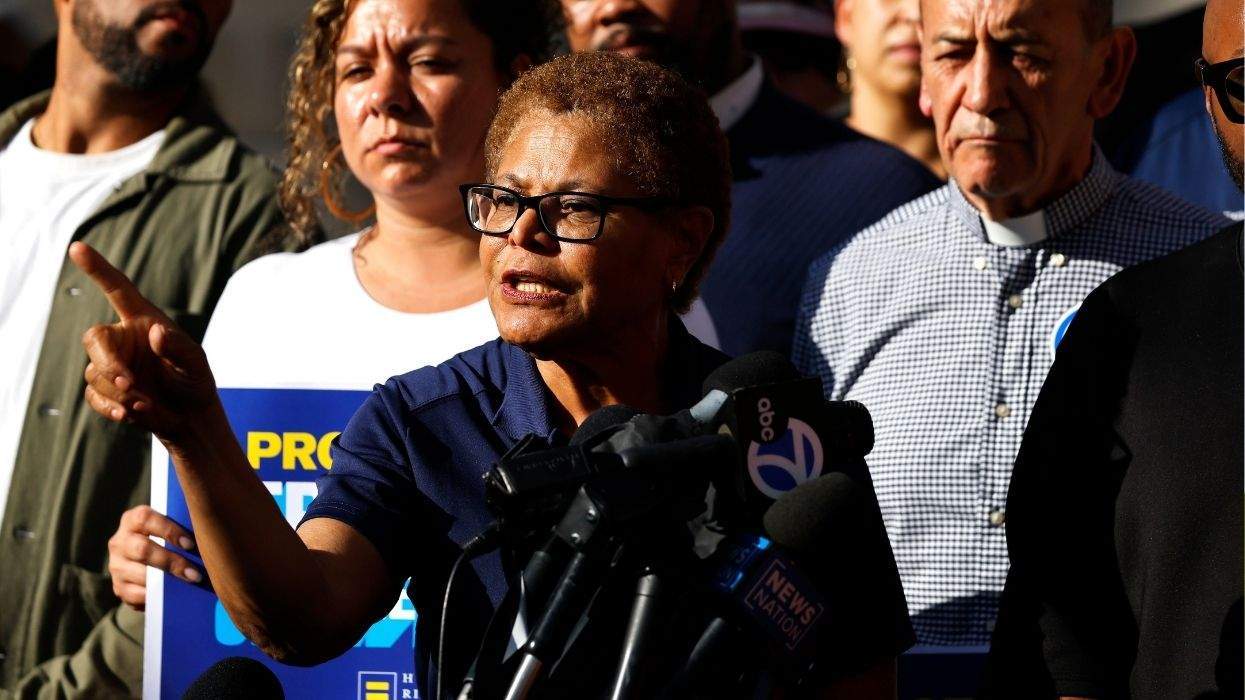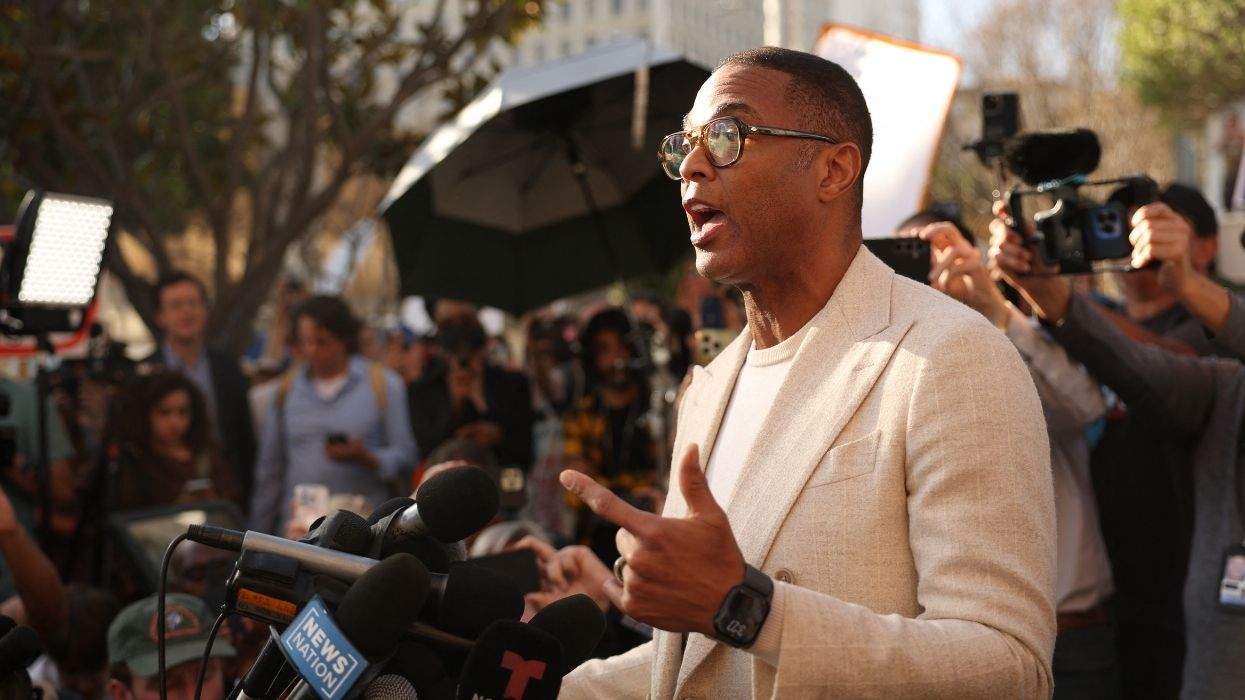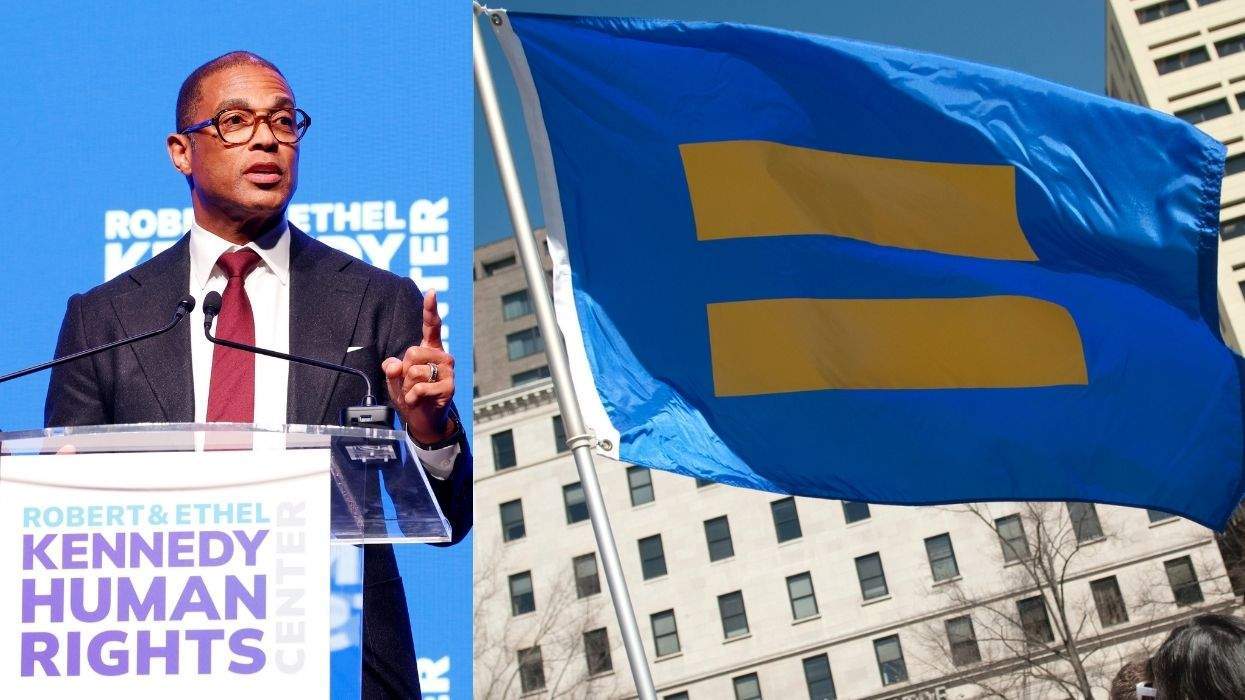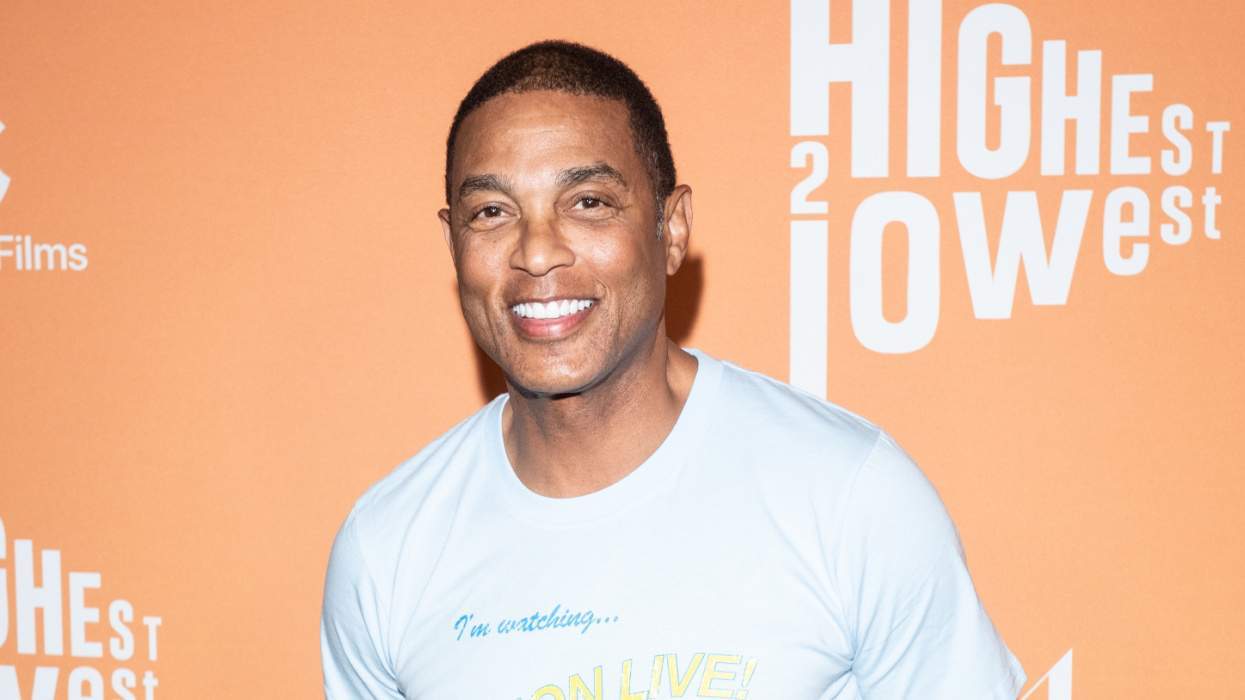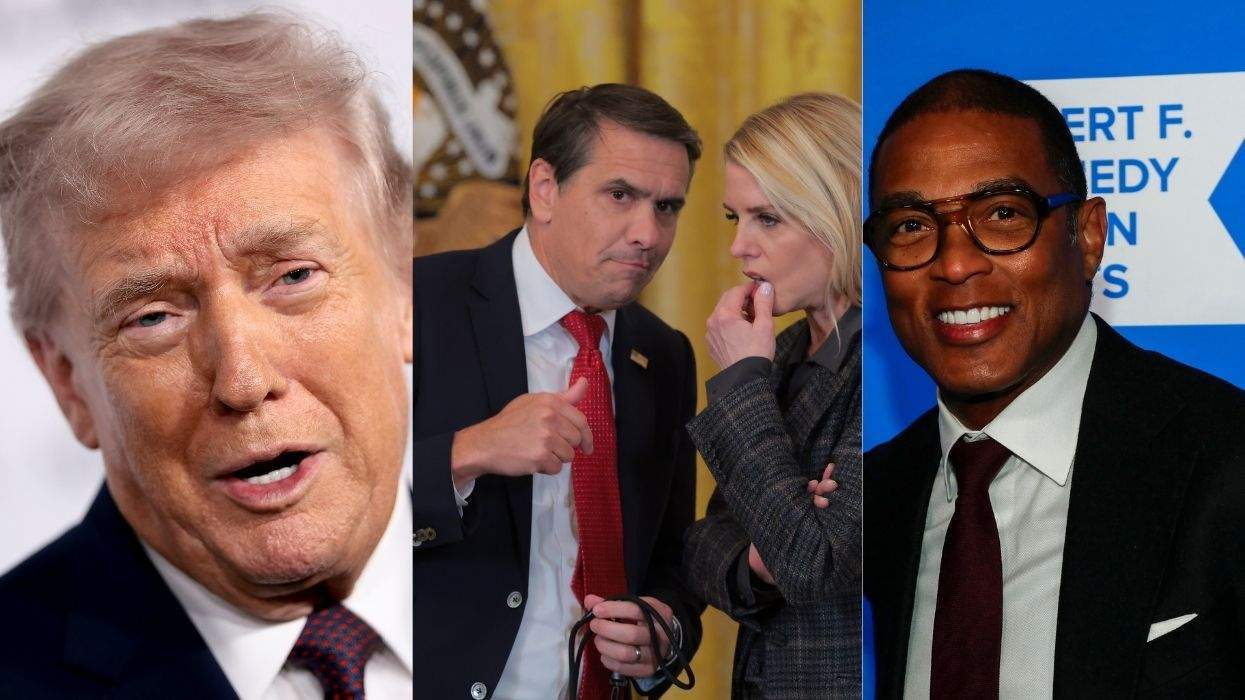Are you tired of hearing about Donald Trump’s hush money trial? LOL, ha ha, LMAO, ROFL, etc. The coverage of the jury selection was only the beginning – and way over the top. And as the Carpenters sang, “We’ve only just begun.”
There were only four hours in the courtroom today. One juror had a bad tooth, so the judge dismissed early — as if we don’t know enough about the jurors, even when we're not supposed to. Today included opening arguments by the prosecution and defense, with both sides laying out their cases.
Basically, and bottom-lining it here, the prosecutors will accuse Trump of covering up a criminal conspiracy by paying off a porn star to save face during the last days of the 2016 election campaign and then hiding the $130,000 payment behind “legal fees” to former Trump fixer Michael Cohen. The defense will say that Cohen is a sleazebag, so don’t believe him, and that Trump did nothing wrong.
Todd Blanche, one of Trump’s attorneys, said, and this also deserves laughing acronyms, "I have a spoiler alert: There's nothing wrong with trying to influence an election. It's called democracy," What if he said the same thing about Russia influencing our election. Would he call that democracy?
In between, we’ll hear from the former publisher of the National Enquirer about the scandal rag’s “catch and kill” efforts on behalf of Trump. The gossipy media outlet bought three stories about Trump, a doorman’s claim of Trump siring a child out of wedlock for $30,000, an alleged Trump affair with model Karen McDougal for $150,000, and the sordid Stormy Daniels brouhaha.
When and if Daniels takes the stand, things might get seedy. We’re likely to hear all the tawdriness about Trump from Stormy. She says she can describe Trump’s genitals. I’m sorry, but if I had to pick one thing in the world that I don’t want to hear anything about, Trump’s dinker-pebbles might be it.
Finally, and more seriously, Cohen will re-spill all the beans and more, repeating for the umpteenth time how he illegally sandwiched himself between Daniels and Trump.
One person who has confronted Trump, and beat him in the courtroom, is a former assistant attorney general for New York State, Tristan Snell, who led the successful prosecution of Trump University. He is also the author of the book Taking Down Trump. Snell provided some insight about what’s ahead with the Trump hush money case.
For Snell, the case boils down to one issue, whether Trump will be found guilty of violating New York state campaign finance laws, which would be a misdemeanor, or federal campaign finance laws, which would be a felony.
“The state law and statute has language that is not clearly defined,” he said. “The evidence against Trump is very clear. Trump falsified his campaign finance records and tried to cover it up. He created a shell company and masked these payments as legal fees and fake invoices. And there was intent to engage in a cover-up.”
Snell said that based on what he sees, the jury should be convinced that it was a federal crime. To that end, one of the main witnesses who will help the jury decide its verdict is former Trump fixer Cohen, who went to prison for five counts of income tax evasion, one count of making false statements to a bank, one count of causing an unlawful corporate contribution, and one count of making an excessive campaign contribution.
Trump was the presumed “unnamed co-conspirator” in Cohen’s case. The defense will likely paint Cohen, based on his conviction and prison time, as untrustworthy, but it’s not going to work, Snell said.
“He’s been very consistent about what he has said since leaving Trump’s employ,” Snell pointed out. “Over and over again, and on some of the bigger issues, Cohen has proved to be right. And what will make Cohen’s testimony convincing is all the ways in which it is corroborated.”
Snell pointed to checks that Trump himself signed, which was out of the ordinary, as well as testimony by Pecker, Daniels, and former Trump aide Hope Hicks. “She will be a key witness, because she is someone who is not connected to Cohen and Pecker,” Snell said. “As the campaign spokesperson, she’ll be able to shed some light on the urgency of keeping Daniels quiet after the Access Hollywood tape disclosure. She’ll be able to talk about why Trump was desperate to keep any more salacious revelations from seeing the light of day in the closing days of the campaign.”
Besides a trove of records and documents, Snell said the most obvious is that Cohen captured Trump on a recording talking about the payment, and Snell drew a comparison to another criminal caught on tape. “That’s how they got [organized crime boss John] Gotti, with those secret recordings,” Snell recalled. “And it was Sammy the Bull who came forward and testified against Gotti. The jury ultimately believed Gravano [Salvatore Gravano was Sammy the Bull’s real name] because he was an insider who came forward and whose testimony was corroborated over and over again. It’s similar for Cohen. The notion that someone from inside a criminal enterprise isn’t credible is laughable. Most criminal takedowns are because someone on the inside turns.”
In addition, during Trump’s New York State fraud trial, Judge Arthur Engoron found that Cohen was a credible witness, Snell said.
In opening arguments in the hush money trial, the prosecutors seemed to be making a case that Trump was not credible and unlikable. When he prosecuted Trump, did Snell try to do the same thing? “We didn’t have to try," he said. "Trump was caught in lots of clear lies. For example, he bragged that he handpicked all of his instructors at Trump University. He made a video about it, and it was all over their marketing material. He had nothing to do with their selection.
“Further, Trump himself had to admit that wasn’t true. That he was telling a lie that convinced people to spend their life savings on tuition for an unlicensed sham of a university. The jury didn’t need to be told that Trump wasn’t credible or likable. The proof was in the evidence.”
Finally, Snell looked ahead and made a prediction about the outcome. “I think Trump will be convicted, and I am optimistic the jury will find he committed a felony. They will be able to see, from the wealth of evidence provided, that there was a conscious strategy to keep Trump’s affairs out of public view. Trump knew these people like Daniels were out there. The plan was to catch and kill, pay them off, and bury the story.
“And when the time came, they executed on that strategy. Daniels was paid off, and the truth was hidden from the American people, and Trump narrowly won the election. These 'donations' to his campaign were never reported, and there was an effort to cover them up.”
In New York State, there’s a long history of prosecutors nailing corrupt politicians on campaign finance violations, Snell said. “The most common form of corruption that is relatively easy to prove is campaign finance violations. That’s what’s going to ultimately bring down George Santos. It’s easy to follow the money. He didn’t report it, kept money for personal expenses, and that’s easy to verify. And prosecutors in New York are well versed in gaining convictions on campaign finance violations.”
“If you strip away the famous names associated with the Trump case, it’s a garden variety of corrupt campaign finance case," he concluded. "The Trump case is a very straight-up case, and like others who have been convicted in similar circumstances, he should go to prison for three to five years.”






